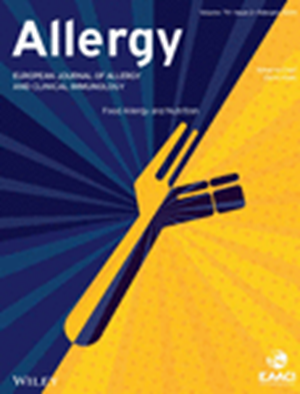Adverse Outcomes Associated With Short-Acting Beta-Agonist Overuse in Asthma: A Systematic Review and Meta-Analysis
Abstract
Introduction
The 2019 Global Initiative for Asthma (GINA) report no longer recommended short-acting beta-agonists (SABA) monotherapy due to associated complications and a lack of anti-inflammatory properties. This systematic review and meta-analysis aimed to evaluate adverse outcomes associated with SABA overuse in patients with asthma.
Methods
PubMed, Cochrane Library, EMBASE, and Web of Science databases were searched for studies on SABA overuse (≥ 3 SABA canisters/year) in patients with asthma, from 1981 to November 2023. Randomized controlled trials (RCTs), cohort studies, and cross-sectional studies were included. Pooled risk ratios (RRs) were calculated for dichotomous measures of all-cause mortality and acute exacerbations using random-effects models and Mantel-Haenszel weighting. Subgroup analyses were conducted based on study design.
Results
Out of 626 records, 27 studies (2 RCTs, 1 prospective cohort study, 12 retrospective cohort studies, and 12 cross-sectional studies) were included. SABA overuse (≥ 3 SABA canisters/year) was associated with significantly higher mortality (2743 of 130,629 in the overuse group versus 3534 of 300,451 in controls; RR = 2.04, 95% confidence interval, CI = 1.37–3.04; p < 0.001) and a significantly higher rate of acute exacerbations (60,320 of 165,271 in the overuse group versus 84,439 of 376,845 in controls; RR = 1.93, 95% CI = 1.24–3.03; p < 0.001). An increased risk of acute exacerbations was observed in retrospective cohort studies (RR = 1.88, 95% CI = 1.43–2.47; p < 0.001) and cross-sectional studies (RR = 2.23, 95% CI = 1.04–4.77; p < 0.001).
Conclusions
SABA overuse was associated with increased rates of mortality and acute exacerbations in patients with asthma, supporting guidelines that advise against SABA monotherapy in asthma management.


 求助内容:
求助内容: 应助结果提醒方式:
应助结果提醒方式:


